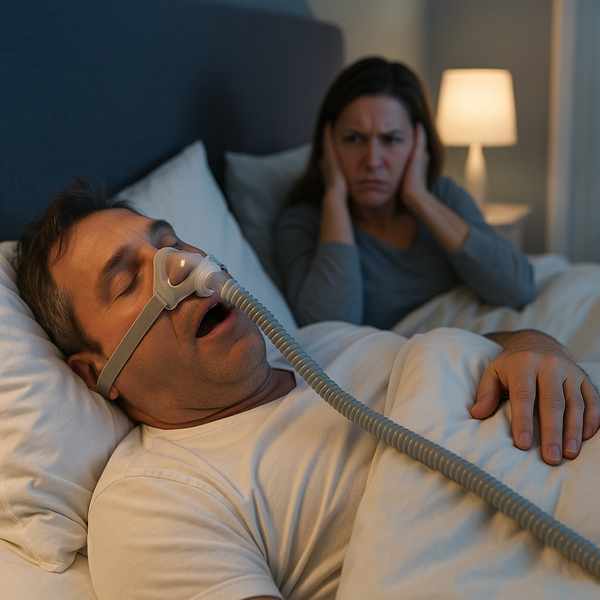Does Losing Weight Help with Sleep Apnea?
Does Losing Weight Help with Sleep Apnea?
Blog Article

One of the most discussed connections to sleep apnea is excess weight — leading many to ask: can weight loss cure sleep apnea?
While not always a complete cure, weight loss often improves symptoms of sleep apnea significantly.
Understanding Sleep Apnea
Sleep apnea occurs when breathing repeatedly stops and starts during sleep.
Common symptoms include:
- Loud snoring
- Choking or gasping during sleep
- Difficulty staying alert during the day
- Signs of disrupted oxygen flow
How Obesity Impacts Breathing
Fat deposits in the throat may narrow the airway, making it more likely to collapse.
Key risk factors include:
- High BMI (Body Mass Index)
- Fat around the neck and jawline
- Can contribute to airway collapse
Does Losing Weight Help OSA?
In many cases, losing weight can dramatically improve sleep apnea symptoms.
Possible benefits of weight loss:
- Improved nighttime breathing
- Better oxygen flow
- Less need for CPAP machines or surgery
- Feel more rested and alert
However, weight loss may not cure sleep apnea in all cases — especially if anatomical issues or severe OSA are present.
What Results Can You Expect?
Studies show that losing just 10% of body weight can reduce OSA severity by up to 50%.
Tips:
- Focus on progress, not perfection
- Combine diet and exercise
- Notice snoring, energy, and daytime fatigue improvements
Healthy Ways to Lose Weight for Sleep Improvement
Effective strategies:
- Limit sugar and processed carbs
- Exercise regularly (cardio + strength)
- Helps open up the airway naturally
- These relax throat muscles and worsen apnea
Working with a nutritionist or sleep specialist can provide more personalized support.
What to Do if Symptoms Persist
If symptoms continue, talk to your doctor visit about other options such as:
- Keeps airways open at night
- Oral appliances
- To remove excess tissue or reposition structures
Conclusion
So, can weight loss cure sleep apnea? In many cases, it can help manage the condition.
Still, sleep apnea is a medical condition that may require combined treatments. Report this page